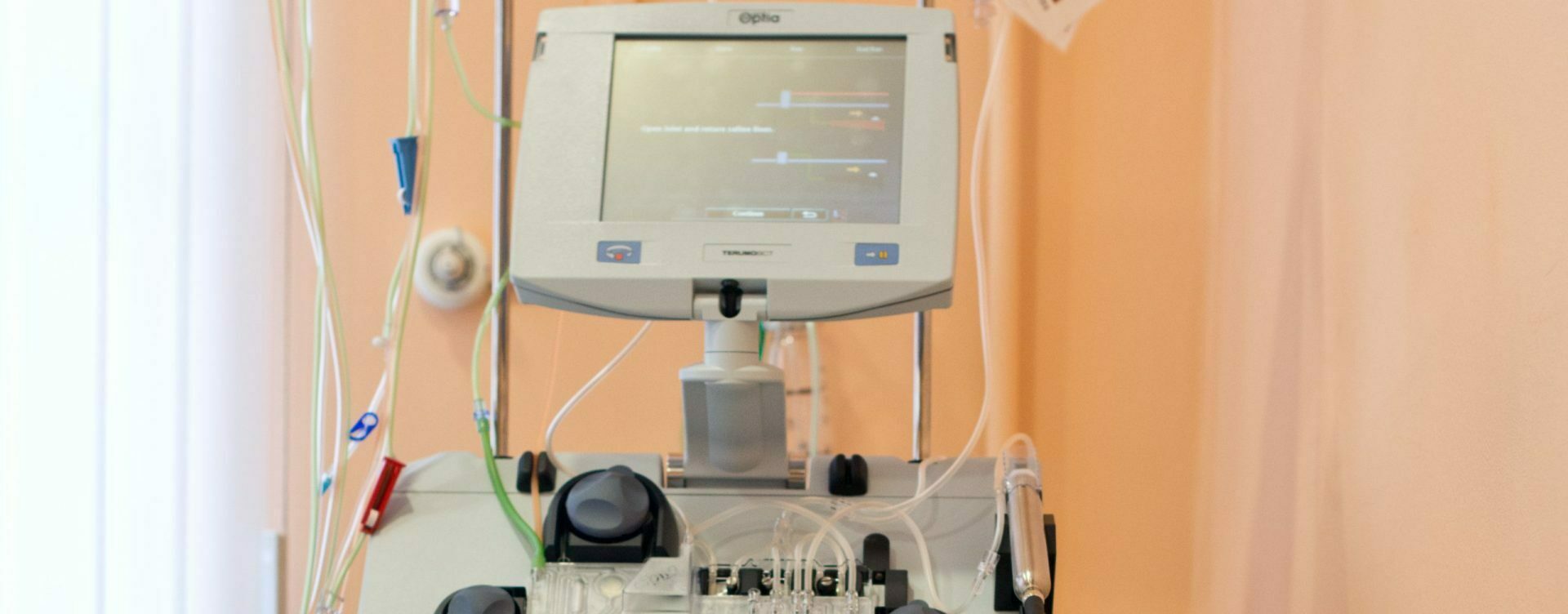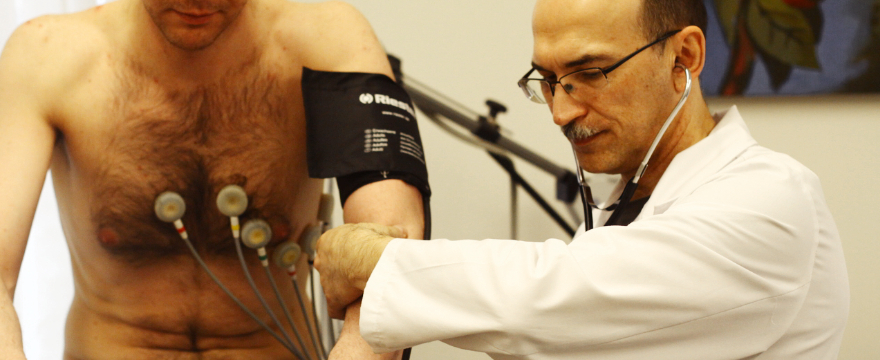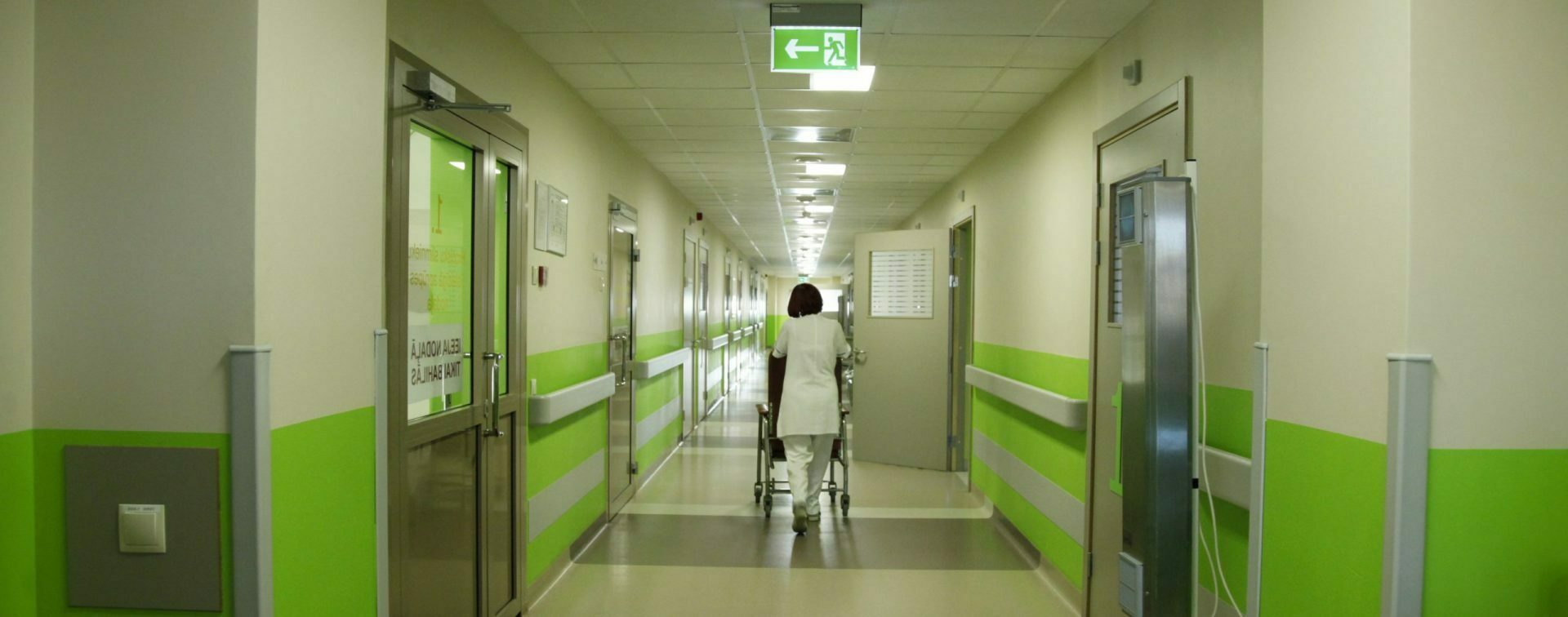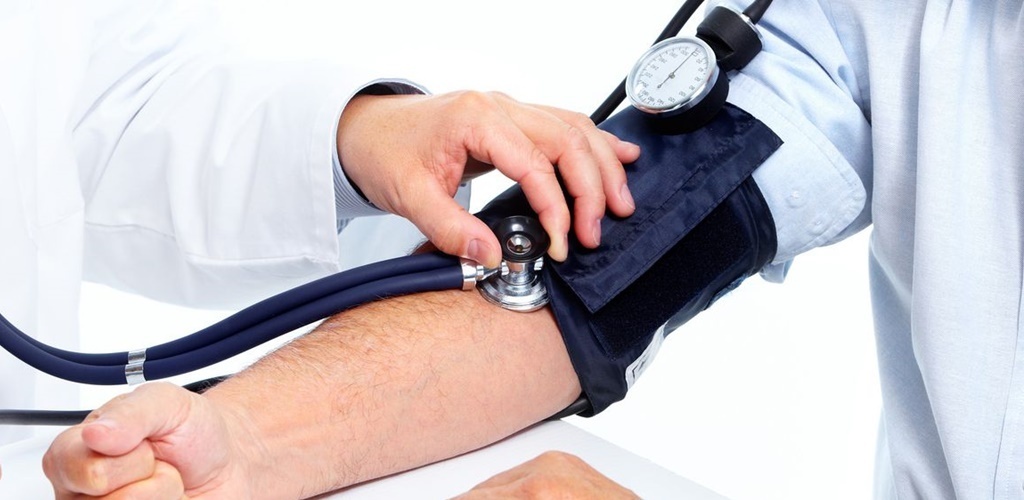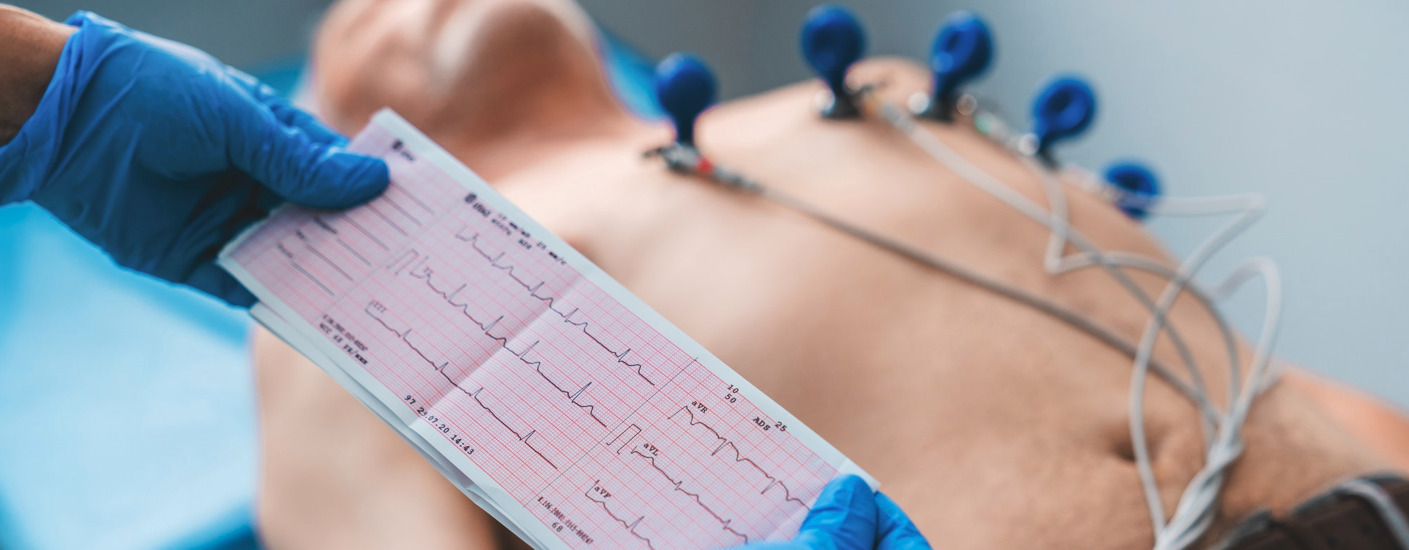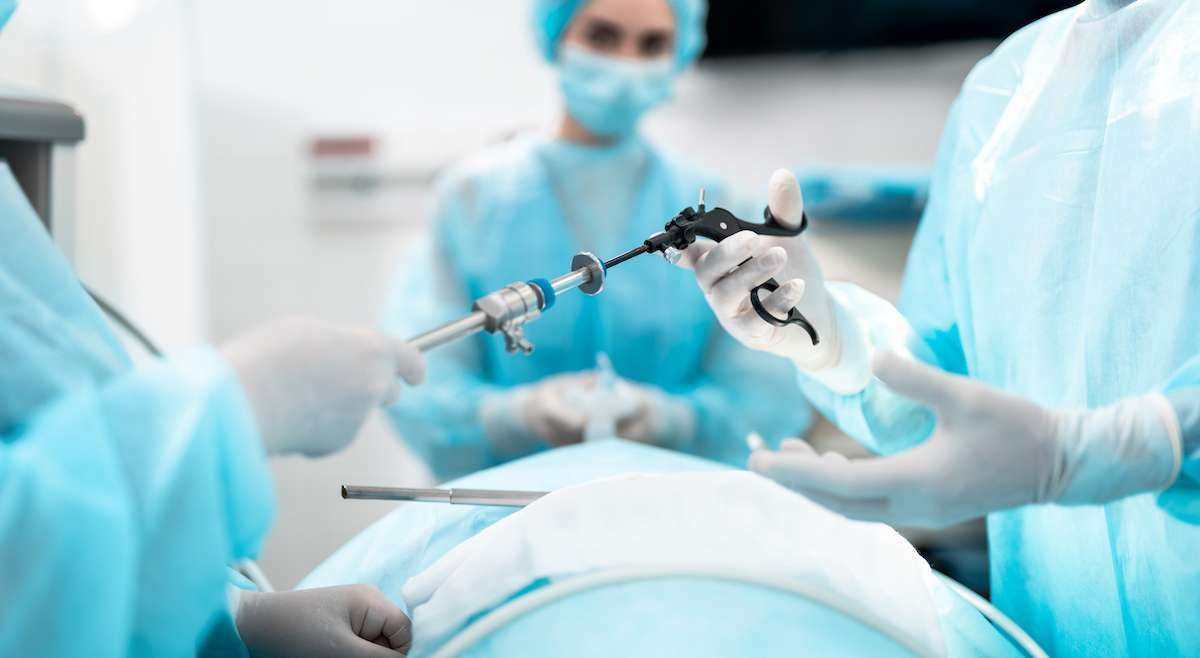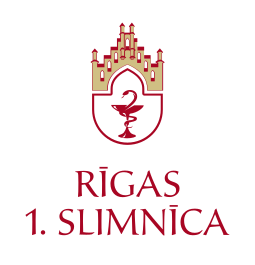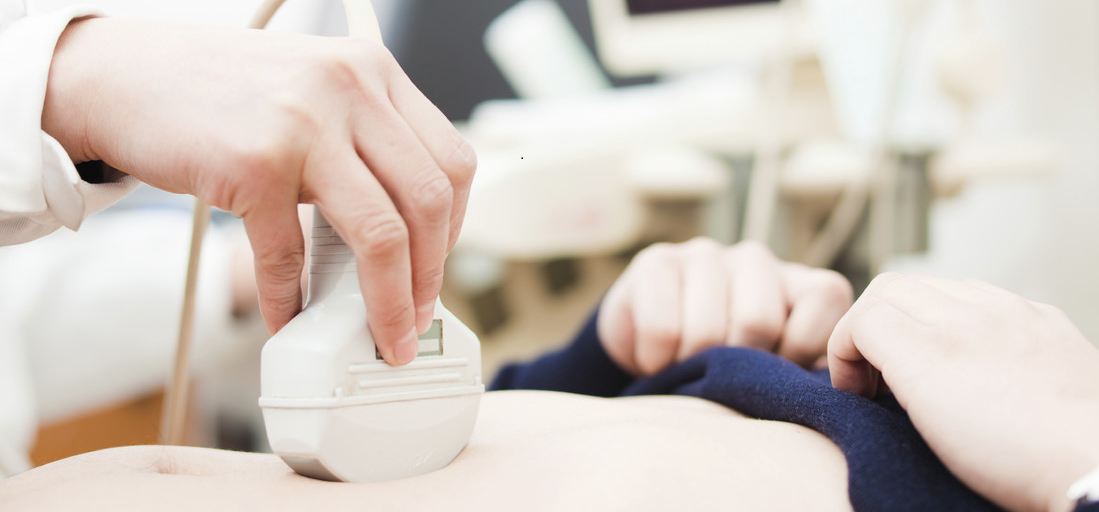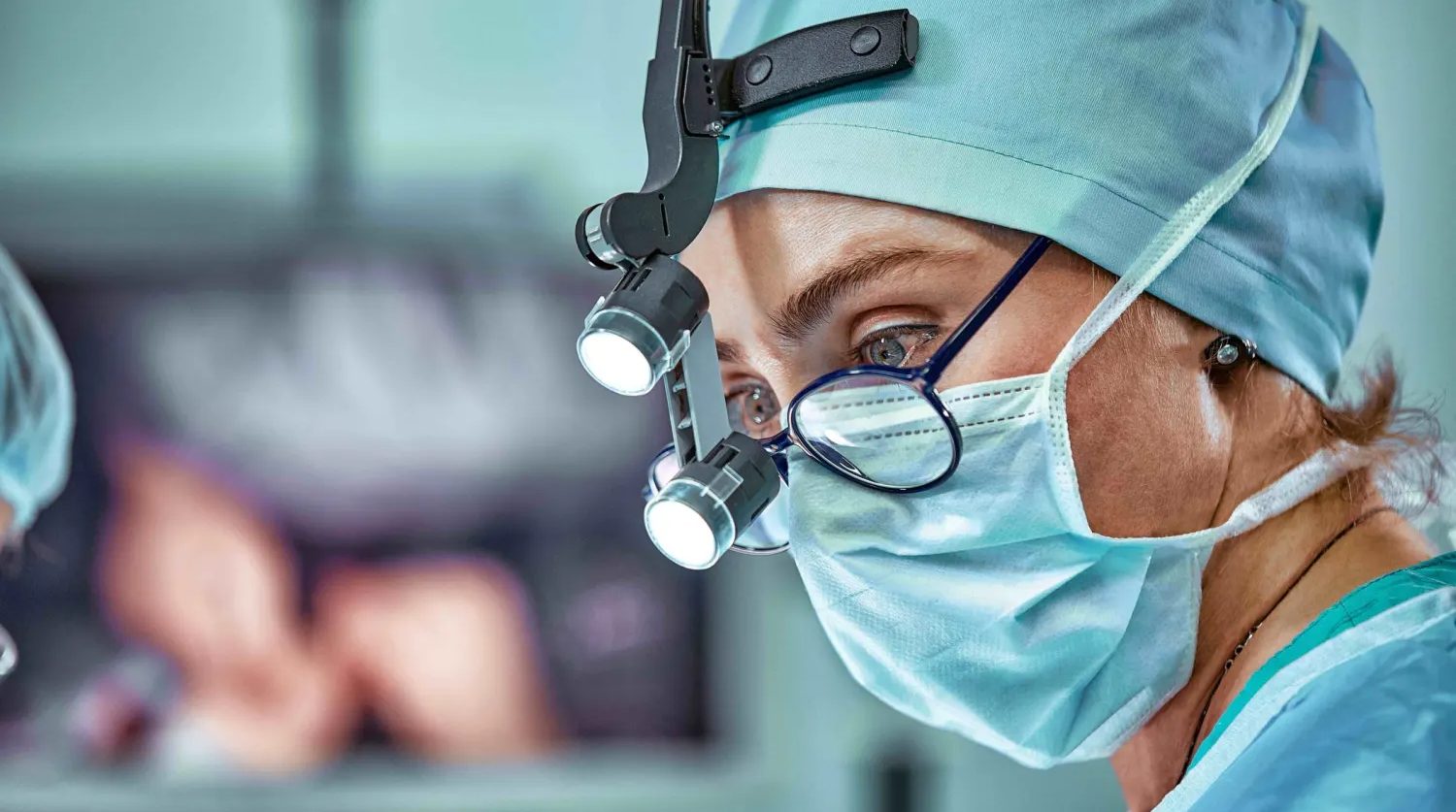
A neurosurgeon is a doctor who specializes in the treatment of the nervous system. They perform surgeries to treat disorders and diseases affecting the brain, spinal cord, nerves, and other parts of the nervous system, improving patients’ health and quality of life. Depending on the nature of the illness or injury, a neurosurgeon offers either conservative or surgical treatment.
Rīgas 1. Slimnīca offers neurosurgical services, including:
- Diagnosis and treatment of spinal and brain diseases
- Diagnosis and treatment of head injuries
- Diagnosis and treatment of carpal and cubital tunnel syndromes
- Removal of extracranial tumors
- Carpal and cubital tunnel blockades, paravertebral, parasacral blockades, and trigeminal nerve blockades
- Manual therapy
- Wound care
Back pain: causes and treatment
Many patients seek help from a neurosurgeon due to back pain, which can arise from various causes, such as muscle strain or deep muscle fiber tears resulting from physical overexertion or injury. If the pain is localized (without radiation), it is treated with medication.
Approximately 40% of all back pain originates from the intervertebral joints, known as facet joints. Such pain is often long-lasting and may radiate to other body parts, such as the hips, legs, and groin, but not below the knees. If diagnostic tests do not reveal any significant abnormalities apart from vertebral deformities (which is common in people after middle age), the neurosurgeon treats it with invasive pain management. The treatment involves injections under X-ray guidance, where long-acting anti-inflammatory drugs and local anesthetics are administered.
Back pain can also originate from the joints between the sacrum and pelvis, radiating to the hips, knees, and legs down to the heel. As with facet joint pain, in rare cases, it can result from rheumatological conditions. The neurosurgeon treats these pains with blockades and physiotherapy.
Concussion or head injury: how to recognize it?
The most common head injury is a head contusion. A concussion can be distinguished from a head contusion by simple, recognizable symptoms.
The main symptoms indicating a concussion include brief loss of consciousness, amnesia of the event, or confusion after the injury. However, if none of these signs are present, the injury is considered a head contusion.
A concussion can cause temporary neurological disruptions. Patients may experience sleep disturbances, irritability, and difficulty concentrating. Symptoms such as headaches and sleep issues can persist for up to 12 weeks after the injury.
What to do after a head injury?
- Avoid eating or drinking for the first six hours to prevent vomiting and facilitate quick intervention if needed.
- Avoid using sedatives and sleeping pills on the first day, as they can mask critical symptoms, indicating increased intracranial pressure.
Bleeding after a head injury
Bleeding is usually diagnosed using a CT scan. In many cases, a vascular examination of the head is also performed to assess the presence of other pathologies. Head trauma can also affect other structures of the head and neck, such as skull or cervical vertebra fractures, spinal cord compression, eye injuries, or damage to major neck blood vessels. Such bleeding can be treated through neurosurgical operations.
Hand numbness: causes and treatment
Hand numbness and pain can have various causes. There are over 20 types of compression neuropathies, with the most common being carpal tunnel syndrome and cubital tunnel syndrome. These conditions involve nerve compression, usually in narrow areas known as tunnels.
A compressed nerve at the base of the wrist is referred to as carpal tunnel syndrome, while a compressed nerve in the elbow area is called cubital tunnel syndrome. Carpal tunnel syndrome is much more common than cubital tunnel syndrome.
If symptoms are relatively recent, the neurosurgeon recommends resting the hands and avoiding strain. Hand exercises do not help alleviate symptoms, as they result from overuse, and additional movements may exacerbate the symptoms. Neurosurgeons can alleviate symptoms through blockades, medications, or orthotics, but long-term relief can only be achieved through surgery.
Other related services
